
India
-

Can flexible work opportunities for women bypass gender norms?
Flexible work arrangements can both attract women to the labour force and provide a gateway to outside-the-home jobs. In India, where gender norms keep women out of the labour force, home-based jobs may represent the most immediate path to increase women’s labour force participation.
-
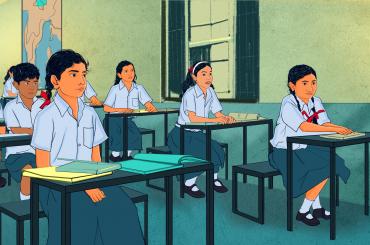
How can governments improve school voucher programmes?
While vouchers may provide students with more choice, private schools may respond by changing tuition fees, affecting those without vouchers. Examining India’s school voucher programme sheds light on how governments can improve school voucher programmes for primary education.
-

The Green Revolution and the rise in chronic disease
The Green Revolution dramatically altered the agricultural and dietary landscape in India. While calorie availability increased, reduced dietary diversity had adverse long-term health impacts, meaning the overall impact is only now being understood.
-
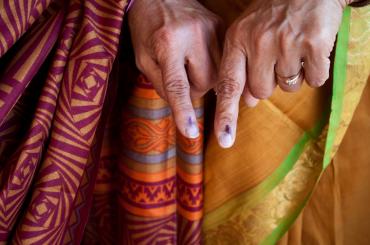
Women’s microcredit groups empower women politically
Evidence from India shows that women’s microcredit groups stimulate women’s political participation by building their networks
-
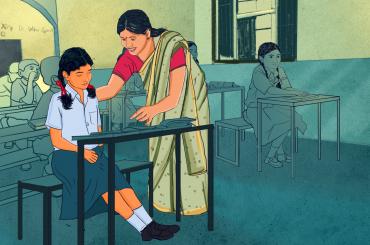
Enhancing secondary school learning: Role of remedial camps and teacher flexibility
A key dilemma in Indian education is that while children are enrolled in school, they are not actually learning. Based on an experiment in Odisha, this article explores possible solutions to the learning deficit in secondary schooling. It finds that tailored remedial programmes improve learning and correct teachers’ beliefs regarding learning levels. However, gains from increasing teacher autonomy in lesson plans are not significant.
-
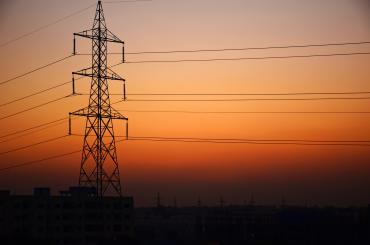
Does rural electrification cause economic development?
The economic benefits of expanding electricity access likely do not outweigh the costs in small rural villages, but likely do in larger communities.
-

VAT distortions in India
When thinking about VAT incidence in countries with high registration thresholds it is important to consider the impact on VAT-unregistered firms. Their interaction with the VAT system matters for progressivity and introduces distortionary effects on product quality.
-

Grassroots party activism by women promotes equal political participation
In Indian local politics, women politicians empower women party activists for their campaigns, which reduces gender gaps in political knowledge and political participation
-
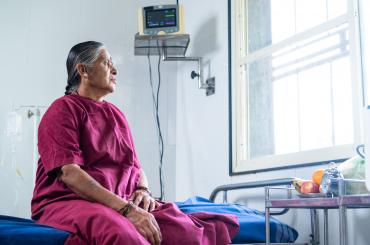
Gender disparities in the use of government health insurance in India
There are stark gender disparities in hospital usage in India which increase with the cost of care. Social subsidies are unlikely to close disparities without gender-targeted efforts